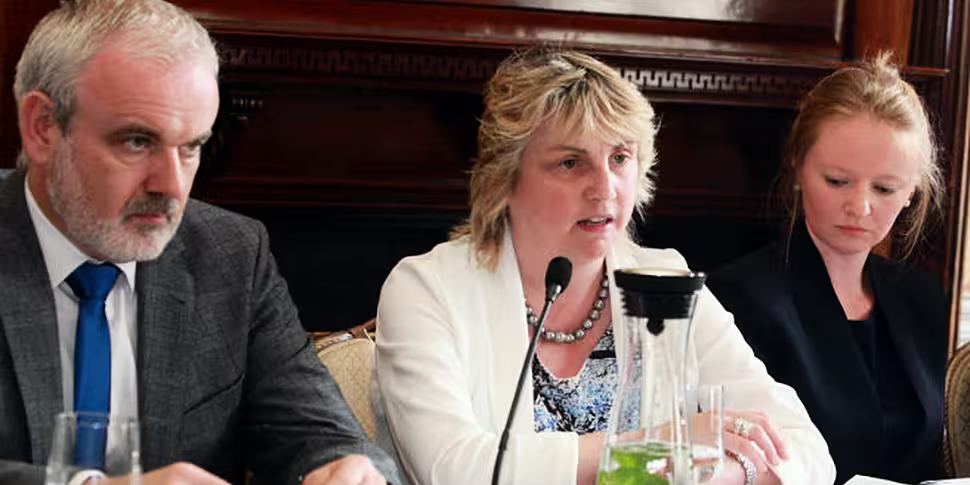The State has 180 days to address the findings of a United Nations report which has slammed Ireland's abortion laws.
The judgment found that a woman suffered "severe emotional and mental pain" after being denied an abortion here.
Independent experts attached to the UN Human Rights Committee have said it was a direct result of Ireland's legal prohibition on abortion - and are calling for changes to prevent this happening again.
The Government has also been instructed to "act promptly and effectively" to redress the harm suffered by the woman.
The woman at the centre of the case, Amanda Mellet, was told in November 2011, while in the 21st week of her pregnancy, that her baby had congenital defects. This meant it would die in the womb or shortly after birth.
The experts said this meant she had to choose between continuing her non-viable pregnancy or travelling to another country while carrying a dying foetus.
They said going abroad was a choice that would come at her personal expense, and would separate her from the support of her family.
Amanda travelled to the UK for a termination and returned 12 hours after the procedure as she could not afford to stay longer.
The UK hospital did not provide any options regarding the foetus' remains and she had to leave them behind, the UN said.
The ashes were unexpectedly delivered to her three weeks later by courier.
"AM’s suffering was aggravated by the obstacles she faced in getting information about the appropriate medical options," the experts found.
The committee called on Ireland to prevent similar violations from occurring and amend its law on voluntary termination of pregnancy - including changing the Constitution if necessary.
It said: "Many of the negative experiences AM went through could have been avoided if (she) had not been prohibited from terminating her pregnancy in the familiar environment of her own country and under the care of health professionals whom she knew and trusted."
It also recommended new measures to ensure that healthcare providers are in a position to supply full information on safe abortion services without fearing being subjected to criminal sanctions.
Independent TD Clare Daly raised the issue in the Dáil this morning, saying the Government is now obliged to prevent other woman facing similar treatment in the future.
Leah Hoctor, regional director for Europe at the Centre for Reproductive Rights, said it was a "landmark ruling".
She said: “The Irish government must now comply with this ruling, redress the harm Ms Mellet suffered and reform its laws to ensure other women do not continue to face similar violations.”
Colm O'Gorman of Amnesty International Ireland said it is time for the Government to act on abortion and put "an end to the daily human rights violations experienced by women and girls in Ireland":Minister for Health Simon Harris said he was studying the ruling, as well its policy and legal implications.
"I have read the report from the UNHR committee and find the experience this woman had deeply upsetting," he said.
"I have met with families who have been through the trauma of knowing their baby will not survive and I have been very moved by hearing of their experiences. I want to see this issue addressed.
"I believe that the Government's commitment to develop a consensus approach with a Citizen's Assembly is the way to move forward and today's views from the UNHR Committee should clearly form an important part of this process."









